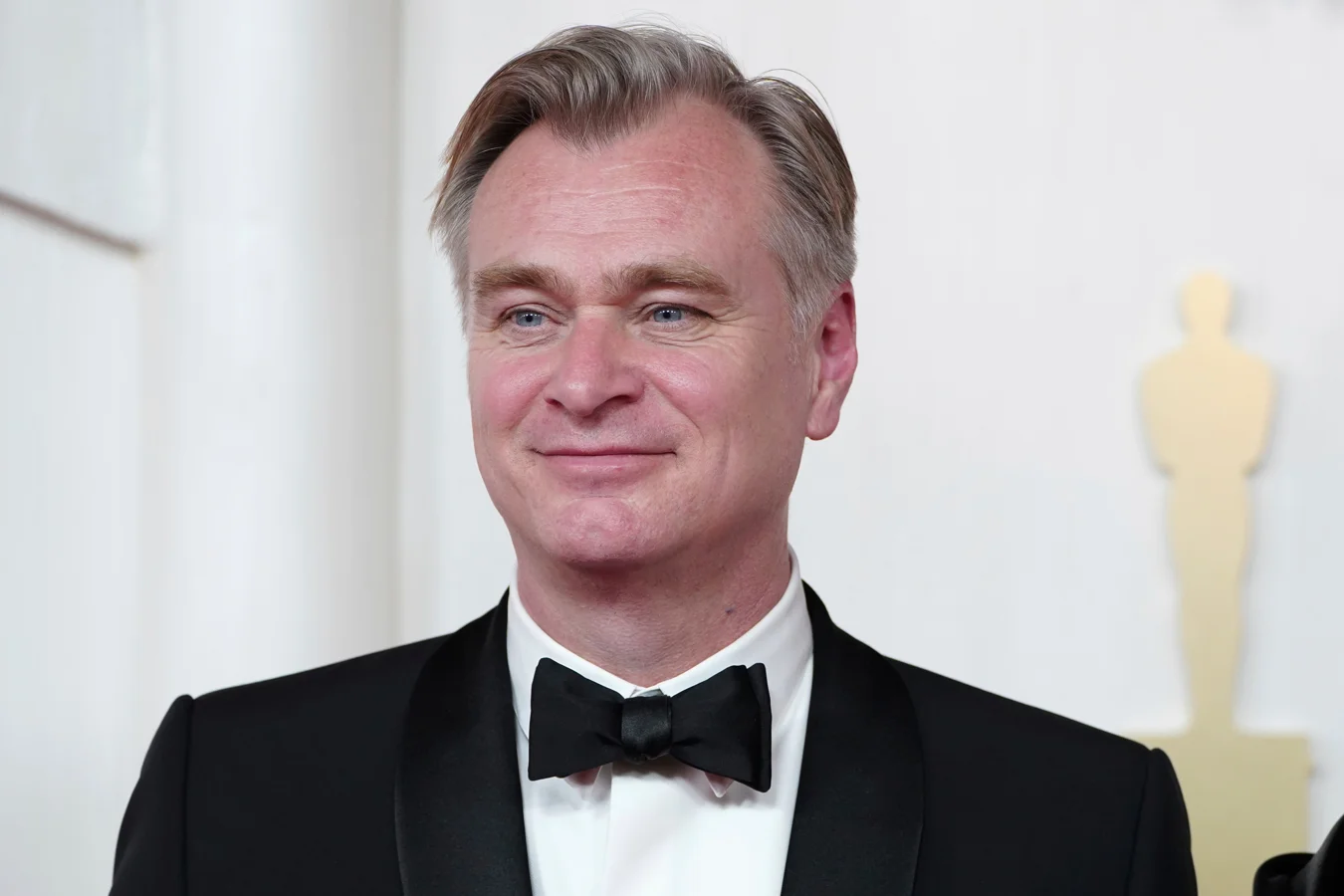After more than a decade of debate over the ending of Christopher Nolan’s Batman trilogy, the screenwriter David S. Goyer has finally clarified the truth about Bruce Wayne’s fate in the final film, The Dark Knight Rises. Addressing long-standing questions about whether the character survived or died, Goyer shared definitive insight in a recent interview, shedding light on the intended conclusion of Nolan’s narrative and settling fan speculation once and for all.
How the Final Scene Shaped the Trilogy’s Conclusion
David S. Goyer revealed that the breakthrough for The Dark Knight Rises occurred during an early conversation with director Christopher Nolan. The two discussed the last scene, where Alfred sees Bruce alive in a café in Florence, which marked a pivotal moment in figuring out the direction of the third movie. Goyer explained that this scene was originally meant to be the trilogy’s conclusion but sparked the idea of continuing the story. He said,
“That was intended to be the end. I remember, after ‘The Dark Knight’ came out, he called me up after three months and said, ‘Do you want to have lunch?’ And I realized, ‘Oh, he’s entertaining the idea of talking about another movie.’ I remember sitting at lunch, and the first idea we came up with was that last scene. That was the first idea, and then, we knew we had a movie! Alfred is his proxy father; he’s worried that Bruce sees no way out of this other than suicide by Batman, death by Batman, right? And then he’s at this moment, and he sees this nod, and he realizes Bruce got out. And we thought, ‘Oh! That’s story worth telling!’ I didn’t know what the story would be, but to sort of undo that ending…”
– David S. Goyer, Screenwriter
The Intent Behind Bruce Wayne’s Survival
While it appeared that Batman had sacrificed himself during the final act of The Dark Knight Rises, the filmmakers ultimately intended for Bruce Wayne to survive beyond his role as Gotham’s protector. Goyer emphasized that unlike many heroic tales where the protagonist meets a fatal end, Nolan and his team decided Bruce would live on, stepping away from the darkness that had consumed his life. This was a deliberate choice to show that the hero’s journey had not ended in death but transformation. The implication is clear: Bruce Wayne escaped the danger and found a chance to live freely, beyond the symbol of Batman.

Legacy and Future of Batman in Film
Christopher Nolan’s trilogy remains a landmark in the Batman franchise, often regarded as one of the most influential portrayals of the Caped Crusader. Post-Nolan, the Batman legacy continues with Robert Pattinson starring in Matt Reeves’ new adaptation, while James Gunn is preparing to recast Batman for the DC Universe (DCU) and The Brave and the Bold projects. Despite these fresh directions, Nolan’s version of Bruce Wayne, brought to life by Christian Bale with key roles like Gary Oldman’s Commissioner Gordon, still holds a unique place in cinematic history for its profound and layered narrative.
Confirmation Bruce wasn’t imaginary for Alfred at the end, if anyone was holding onto that theory. https://t.co/hREguUAgdx
— Brandon Davis (@BrandonDavisBD) September 15, 2025
